Is waste-to-energy a sustainable solution?
October 11, 2018
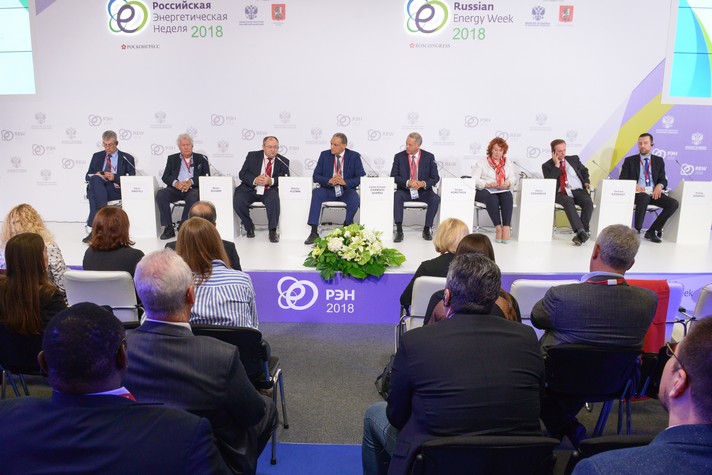
Policymakers, experts and academics from Germany, Austria, Brazil, Switzerland and Russia, came together at the Russian Energy Week to discuss how to how to deal with increasing volumes of waste and increasing demand for energy. At a session entitled “Strengthening international alliances for localization of Waste-to-Energy solutions”, participants shared experiences of the implementation of waste-to-energy solutions in their respective countries.
A continuous increase in global waste volumes is forcing managers and decision-makers in developing and emerging countries to respond to increasing health and environmental problems. At the same time, counties all over the world are struggling to meet rapidly growing energy demands.
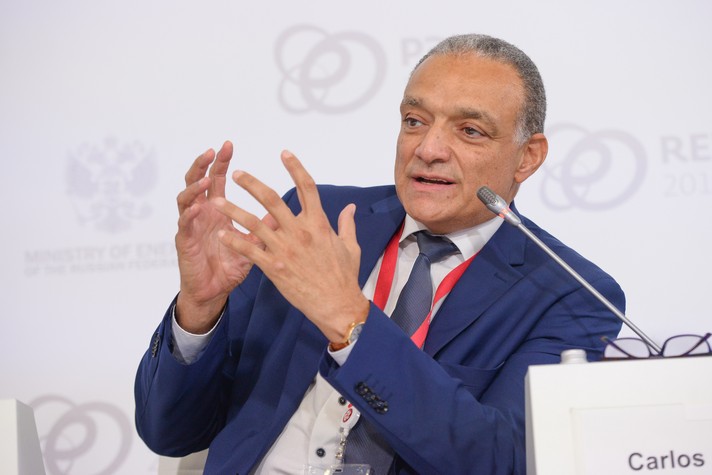
“By 2050, there will be a total of three billion tonnes of waste produced per year. This is a big challenge for future generations. And we must do everything to solve this problem. Because if you take a traditional approach to solving this problem, it won’t workWe need to move to a circular economy and address the waste-to-energy challenge,” said Carlos Chanduvi Suarez, Senior Coordinator for Climate and Innovation Technologies at the United Nations Industrial Development Organization (UNIDO).
Nikolay Kuzmin, Deputy of the Legislative Assembly of the Leningrad Region, shared his experience. “There are almost filled landfills in the Leningrad region, and we have to move from disposing of waste and shift to waste treatment instead. We are actively looking for the solutions, so that these problems would not be left to future generations. There is a circular principle in nature, and we should work the same way with waste.We must switch to a closed-loop cycle in which everything we produce, including what is waste today, is a product that we can process.”
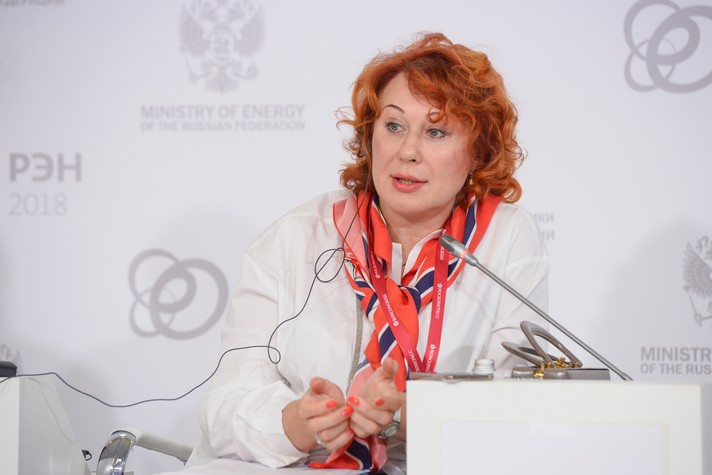
In recent times waste-to-energy has been increasingly viewed as a solution. However, there are several challenges, such as adopting waste-to-energy approaches which are specific to each waste management culture, high capital (CAPEX) and operational expenditures (OPEX), limited opportunities for technology localization, and the need to establish a value-added domestic manufacturing sector.
The panellists focused on ways international alliances can be forged to achieve sustainable solutions, such as through institutional agreements; innovative decentralized technological solutions and business models, regulatory and innovative financial instruments, and public-private partnership mechanisms.
Philipp Krakau, Chief Operating Officer of Germany’s Pflüger International, stressed the importance of articulating various interests: “There are various financing mechanisms based on circular decentralized local approaches and (these are) profitable for private investors. All these new innovative waste-to-energy approaches can be successfully integrated (but) only if all the stakeholders from government, academia, private sectors, NGOs and associations are involved in a dialogue, with all their views taken into account.”
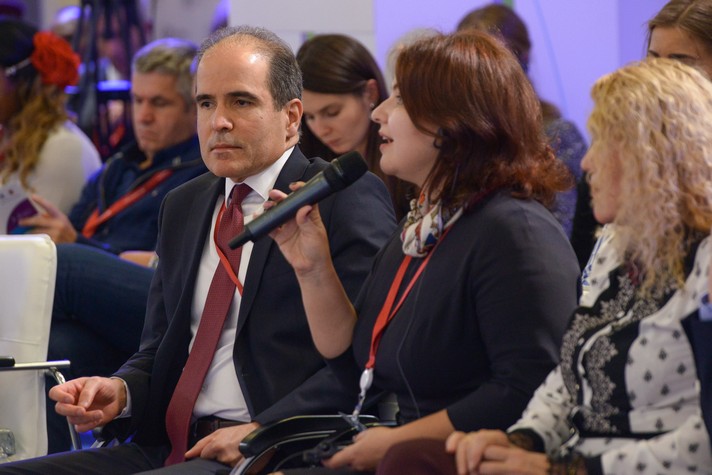
UNIDO Goodwill Ambassador, Veronica Peshkova, underlined the importance of the transfer of best available technologies into viable business models and how it could be a good point for cooperation between UNIDO, regional governments and small and medium enterprises.
Sergey Korotkov, Director of the UNIDO Centre in Moscow, explained UNIDO’s role as a bridge between the international community and local needs: “UNIDO helps to implement international conventions and facilitates technology transfer. And our role is to inform Russian community and to help various stakeholders cooperate to achieve sustainable solutions.”
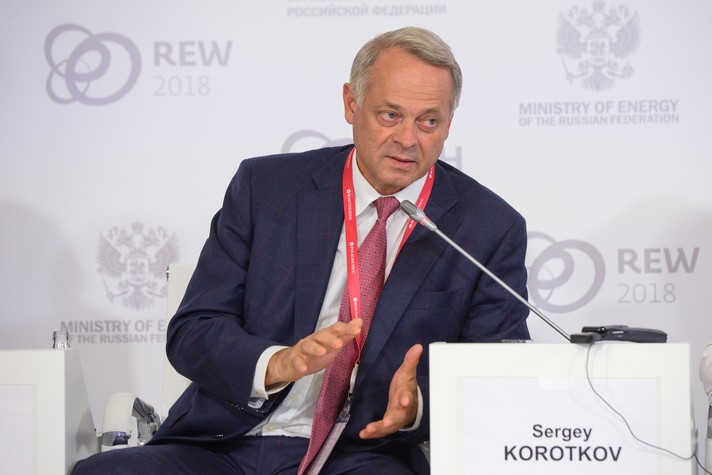
The experts concluded that elaboration of innovative solutions for waste treatment is of vital importance for Russia and other emerging economies, and that both government support and commercially feasible business solutions are needed to ensure that the development of waste treatment technologies is going in the right direction.
Russian Energy Week is an international forum aiming to demonstrate the prospects of the Russian fuel and energy industry and unlock the potential of international cooperation in energy. The Forum serves as a platform for discussion of the main challenges faced by the energy sector and topical problems involving the development of gas, oil, coal industries; petrochemicals, electricity, energy conservation and energy efficiency. Waste issues also lie among the priority areas, as the volume of municipal solid waste in Russia has been steadily increasing in recent years and is expected to reach between 70 and 80 million tons per year by 2025.

